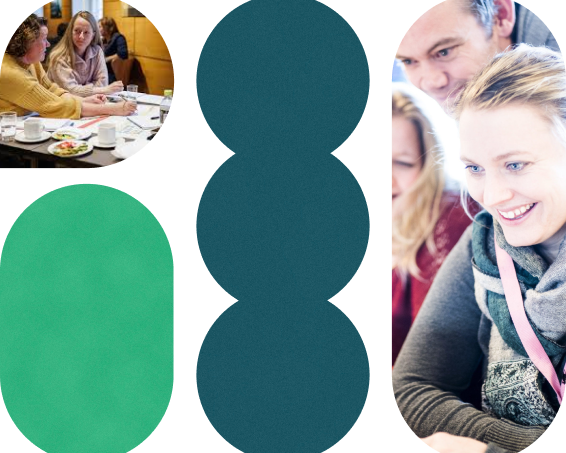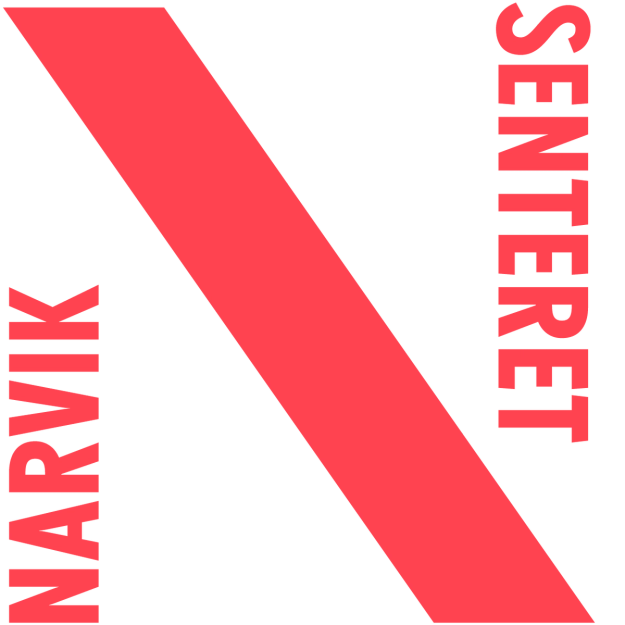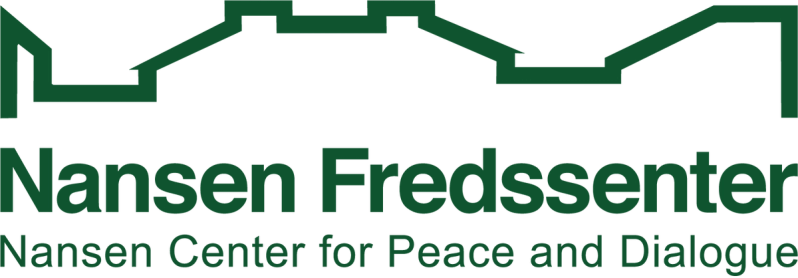Dembra (Democratic preparedness against antisemitism and racism) offers development programs for schools and teacher training institutions to prevent prejudice and exclusion. Dembra covers various challenges to democracy, such as racism, islamophobia, antisemitism, hate speech and extremism.
Six centers for peace and human rights in different parts of Norway offer Dembra: The Rafto Foundation in Western Norway, ARKIVET Peace and Human Rights Centre in Southern Norway, Nansen Center for Peace and Dialogue in Eastern Norway, Falstadsenteret in Central Norway, The Norwegian Center for Holocaust and Minority Studies (The HL center) in South-Eastern Norway and The Narvik War and Peace Center in Northern Norway. The HL center manages Dembra, offers online courses and is responsible for the cooperation with teacher training institutions (Dembra LU).









